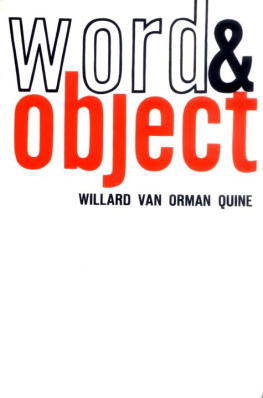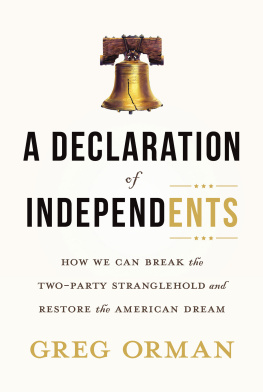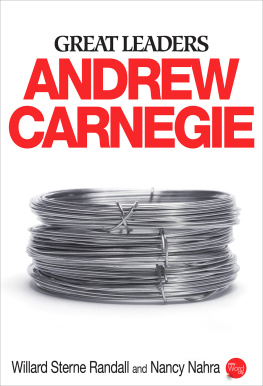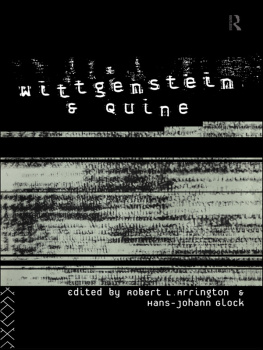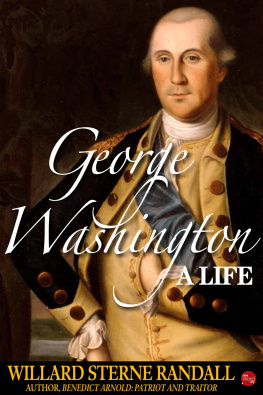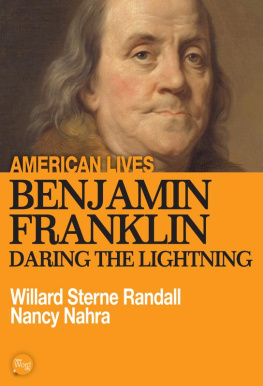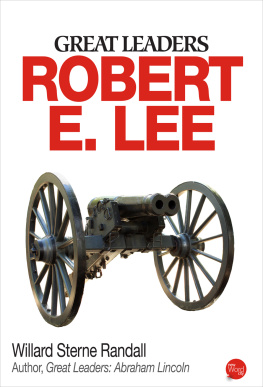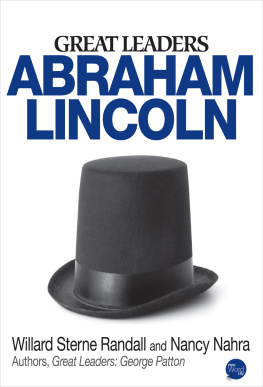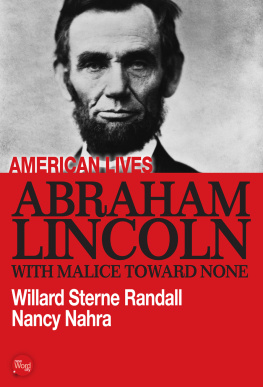Willard Van Orman Quine - Word and Object (Studies in Communication)
Here you can read online Willard Van Orman Quine - Word and Object (Studies in Communication) full text of the book (entire story) in english for free. Download pdf and epub, get meaning, cover and reviews about this ebook. year: 0, genre: Science. Description of the work, (preface) as well as reviews are available. Best literature library LitArk.com created for fans of good reading and offers a wide selection of genres:
Romance novel
Science fiction
Adventure
Detective
Science
History
Home and family
Prose
Art
Politics
Computer
Non-fiction
Religion
Business
Children
Humor
Choose a favorite category and find really read worthwhile books. Enjoy immersion in the world of imagination, feel the emotions of the characters or learn something new for yourself, make an fascinating discovery.
- Book:Word and Object (Studies in Communication)
- Author:
- Genre:
- Year:0
- Rating:3 / 5
- Favourites:Add to favourites
- Your mark:
- 60
- 1
- 2
- 3
- 4
- 5
Word and Object (Studies in Communication): summary, description and annotation
We offer to read an annotation, description, summary or preface (depends on what the author of the book "Word and Object (Studies in Communication)" wrote himself). If you haven't found the necessary information about the book — write in the comments, we will try to find it.
Word and Object (Studies in Communication) — read online for free the complete book (whole text) full work
Below is the text of the book, divided by pages. System saving the place of the last page read, allows you to conveniently read the book "Word and Object (Studies in Communication)" online for free, without having to search again every time where you left off. Put a bookmark, and you can go to the page where you finished reading at any time.
Font size:
Interval:
Bookmark:

Willard Van Orman Quine
Edgar Pierce Professor of Philosophy
Harvard University

To
RUDOLF CARNAP
Teacher and Friend
Wie Schiffer sind wir, die ihr Schiff auf offener See umbauen mussen, ohne es jemals in einem Dock zerlegen and aus besten Bestandteilen neu errichten zu konnen.
-OTTO NEURATH
Ontology recapitulates philology.
-JAMES GRIER MILLER
Language is a social art. In acquiring it we have to depend entirely on intersubjectively available cues as to what to say and when. Hence there is no justification for collating linguistic meanings, unless in terms of men's dispositions to respond overtly to socially observable stimulations. An effect of recognizing this limitation is that the enterprise of translation is found to be involved in a certain systematic indeterminacy; and this is the main theme of Chapter II.
The indeterminacy of translation invests even the question what objects to construe a term as true of. Studies of the semantics of reference consequently turn out to make sense only when directed upon substantially our language, from within. But we do remain free to reflect, thus parochially, on the development and structure of our own referential apparatus; and this I do in ensuing chapters. In so doing one encounters various anomalies and conflicts that are implicit in this apparatus (Chapter IV), and is moved to adopt remedies in the spirit of modern logic (Chapters V and VI). Clarity also is perhaps gained on what we do when we impute existence, and what considerations may best guide such decisions; thus Chapter VII.
My six Gavin David Young Lectures in Philosophy at the University of Adelaide, June 1959, will have consisted of portions of this book. Similarly for various of my lectures at the University of Tokyo in July and August. An abridgment of the last chapter figured as the Howison Lecture in Philosophy at the University of California in Berkeley, May 1959, and parts of Chapters II through VI went to make up five lectures that I gave at Stanford University in April.
A year earlier I drew on the work in progress for my paper at the fourth Colloque Philosophique de Royaumont and for my presidential address to the Eastern Division of the American Philosophical Association. The year before that, 1956-57, I presented portions of interim versions of Chapter II as single lectures at four institutions: Princeton University, the Institute for Advanced Study, Columbia University, and the University of Pennsylvania. My course in the philosophy of language, which I have given ten times at Harvard since VJ-day, has represented ten phases in the development of the book; and a further intervening phase was represented by courses that I gave at Oxford as George Eastman Visiting Professor in 1953-54 and by my A. T. Shearman Lectures at University College, London, in 1954.
Three publications overlap the present text of the book, having stemmed from the work in progress. Two of them are indicated at the beginnings of 7 and 19. The third is "Le mythe de la signification," presumed forthcoming in the acts of the Royaumont colloquium. Three further recent papers bear mention as having conveyed some of the developing notions of the book in other phrasing. One is "The scope and language of science," which formed part of the Columbia Bicentennial program in 1954 and appeared in the British Journal for the Philosophy of Science in 1957. The others are "Quantifiers and propositional attitudes," Journal of Philosophy, 1956, and "Logical truth," in Hook's American Philosophers at Work.
The benefits of a Harvard sabbatical, combined with a generous grant in aid from the Institute for Advanced Study at Princeton, enabled me to devote the year 1956-57 to the book as a member of that Institute. Similar generosity on the part of the Ford Foundation enabled me to devote the year 1958-59 to the same effort, as a Fellow of the Center for Advanced Study in the Behavioral Sciences at Stanford. I gratefully acknowledge all this support. In addition I have the Rockefeller Foundation to thank for a grant which provided secretarial help in keeping up the flow of typescript during years when the secretarial services of the Institute and the Center were not at my disposal.
Last winter I enjoyed the close collaboration of Donald Davidson, who studied drafts of the book and gave me the benefit of his able criticism and his knowledge of the literature. The book has gained much from his help, and much also, in its first half, from the wise scrutiny of my colleague Burton Dreben. At various points in the book I have been helped also by advice and criticism from many other friends, including J. L. Austin, C. A. Baylis, L. J. Binkley, Alonzo Church, J. C. Cooley, Raymond Firth, Nelson Goodman, Joseph Greenberg, H. P. trice, C. G. Hempel, Roman Jakobson, J. A. Jenkins, Georg Kreisel, T. S. Kuhn, C. E. Osgood, Hilary Putnam, P. F. Strawson, Morton White, Oscar Zariski, and Paul Ziff. I am grateful further to Jakobson for frequent encouragement and varied helpfulness in his capacity of editor of this series.
WILLARD VAN ORMAN QUINE
Stanford, California
June 3, 1959
Chapter I. Language and Truth
Chapter II. Translation and Meaning
Chapter III. The Ontogenesis of Reference
Chapter IV. Vagaries of Reference
Chapter V. Regimentation
Chapter VI. Flight from Intension
Chapter VII. Ontic Decision
I. BEGINNING WITH ORDINARY THINGS
This familiar desk manifests its presence by resisting my pressures and by deflecting light to my eyes. Physical things generally, however remote, become known to us only through the effects which they help to induce at our sensory surfaces. Yet our common-sense talk of physical things goes forward without benefit of explanations in more intimately sensory terms. Entification begins at arm's length; the points of condensation in the primordial conceptual scheme are things glimpsed, not glimpses. In this there is little cause for wonder. Each of us learns his language from other people, through the observable mouthing of words under conspicuously intersubjective circumstances. Linguistically, and hence conceptually, the things in sharpest focus are the things that are public enough to be talked of publicly, common and conspicuous enough to be talked of often, and near enough to sense to be quickly identified and learned by name; it is to these that words apply first and foremost.
Talk of subjective sense qualities comes mainly as a derivative idiom. When one tries to describe a particular sensory quality, he typically resorts to reference to public things-describing a color as orange or heliotrope, a smell as like that of rotten eggs. Just as one sees his nose best in a mirror, removed to half the optimum focal distance, so also he best identifies his sense data by reflecting them in external objects.
Impressed with the fact that we know external things only mediately through our senses, philosophers from Berkeley onward have undertaken to strip away the physicalistic conjectures and bare the sense data. Yet even as we try to recapture the data, in all their innocence of interpretation, we find ourselves depending upon sidelong glances into natural science. We may hold, with Berkeley, that the momentary data of vision consist of colors disposed in a spatial manifold of two dimensions; but we come to this conclusion by reasoning from the bidimensionality of the ocular surface, or by noting the illusions which can be engendered by two-dimensional artifacts such as paintings and mirrors, or, more abstractly, simply by noting that the interception of light in space must necessarily take place along a surface. Again we may hold that the momentary data of audition are clusters of components each of which is a function of just two variables, pitch and loudness; but not without knowledge of the physical variables of frequency and amplitude in the stimulating string.
Font size:
Interval:
Bookmark:
Similar books «Word and Object (Studies in Communication)»
Look at similar books to Word and Object (Studies in Communication). We have selected literature similar in name and meaning in the hope of providing readers with more options to find new, interesting, not yet read works.
Discussion, reviews of the book Word and Object (Studies in Communication) and just readers' own opinions. Leave your comments, write what you think about the work, its meaning or the main characters. Specify what exactly you liked and what you didn't like, and why you think so.

